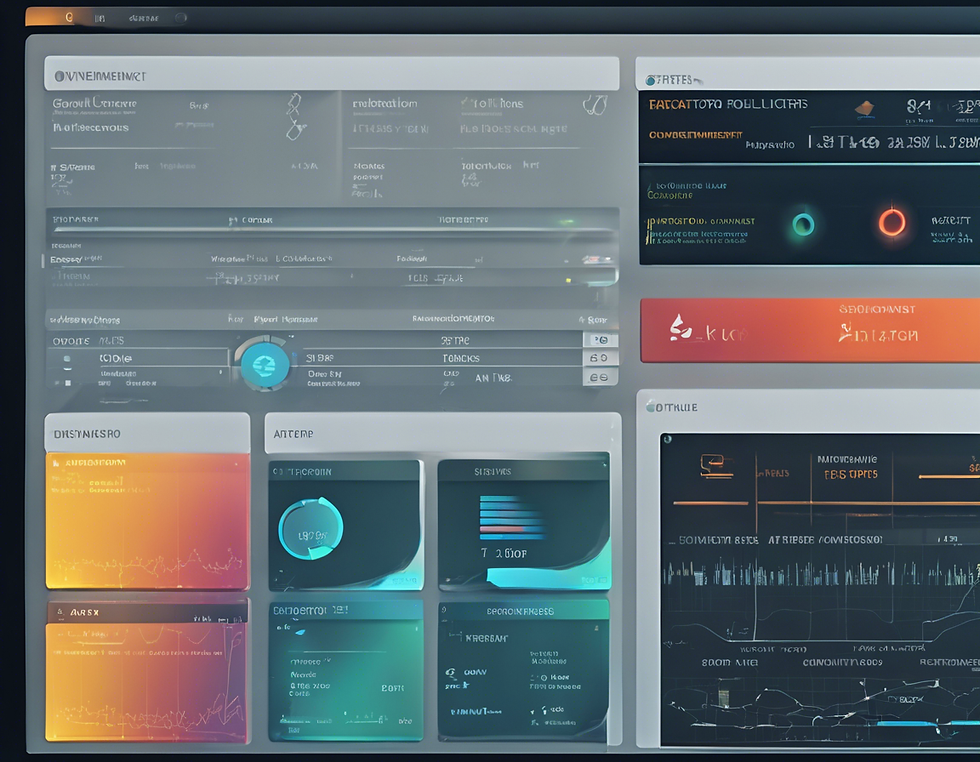Top Trends in Federal Government Contractor Technology
- fatima948
- Sep 11, 2024
- 2 min read
In the ever-evolving landscape of federal government contractor technology, staying ahead of the curve is essential for companies looking to thrive in this competitive field. As technology continues to shape the way business is conducted, it's crucial for federal government contractors to keep up with the latest trends to remain efficient, compliant, and secure.

Here are some of the top trends in federal government contractor technology that businesses should be aware of:
Cybersecurity and Compliance: With the increasing number of cyber threats and data breaches, cybersecurity remains a top priority for federal government contractors. Staying compliant with industry regulations and implementing robust cybersecurity measures is crucial to protect sensitive government data.
Cloud Computing: Cloud computing offers federal government contractors the flexibility and scalability needed to handle large amounts of data and applications. Moving to the cloud can enhance collaboration, improve efficiency, and reduce costs for contractors.
Artificial Intelligence (AI) and Machine Learning: AI and machine learning technologies are revolutionizing the way federal government contractors analyze data, automate tasks, and make informed decisions. Implementing AI can lead to improved accuracy, efficiency, and productivity.
Blockchain Technology: Blockchain technology is gaining traction in the federal government contracting space due to its ability to provide secure and transparent transactions. By leveraging blockchain, contractors can ensure the integrity and traceability of data and transactions.
Internet of Things (IoT): IoT technology is being increasingly used by federal government contractors to collect and analyze data from connected devices. IoT can offer valuable insights, improve operational efficiency, and enhance decision-making processes.
Virtual and Augmented Reality: Virtual and augmented reality technologies are being utilized by federal government contractors for training, simulations, and project visualization. These technologies can enhance collaboration, improve accuracy, and reduce costs.
Robotic Process Automation (RPA): RPA is being adopted by federal government contractors to automate repetitive tasks, streamline processes, and increase productivity. By implementing RPA, contractors can free up resources and focus on more strategic initiatives. In conclusion, federal government contractors must stay informed and adapt to the latest trends in technology to remain competitive in the industry. By embracing innovations such as cybersecurity measures, cloud computing, AI, blockchain, IoT, virtual and augmented reality, and RPA, contractors can enhance their capabilities, improve efficiency, and drive success in a dynamic environment.


Comments